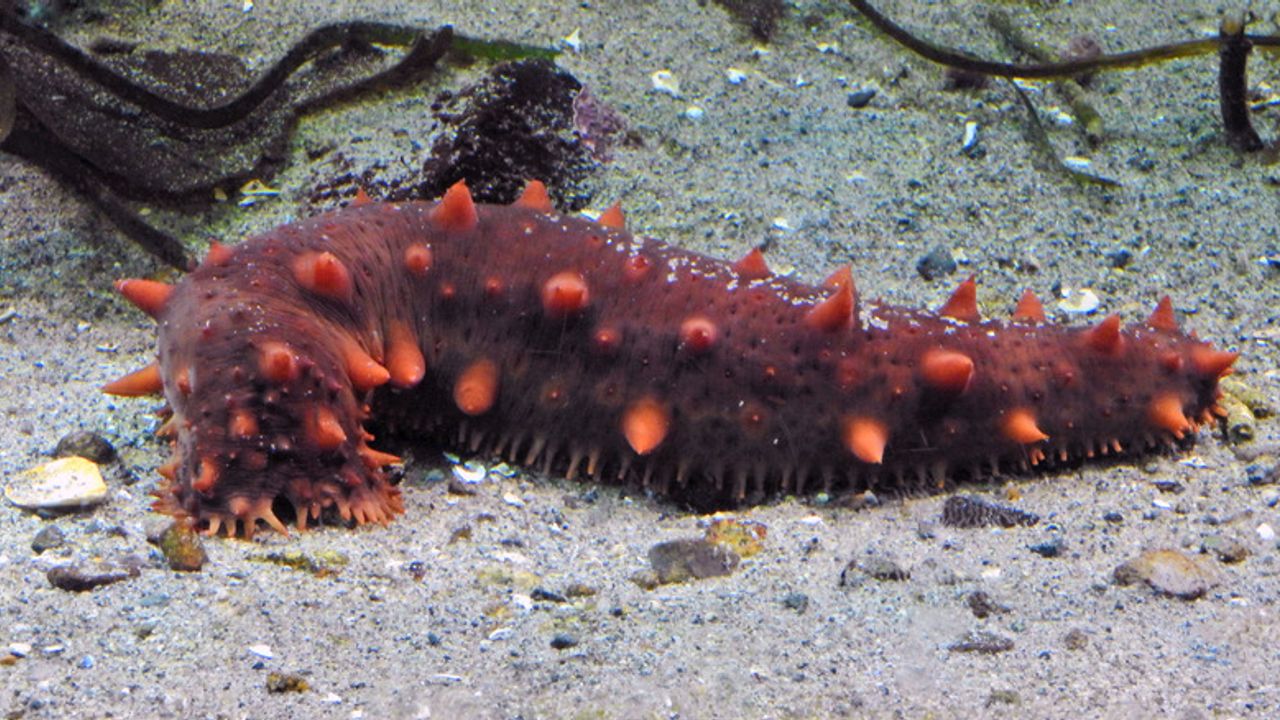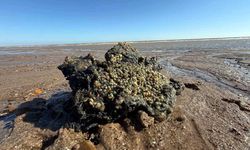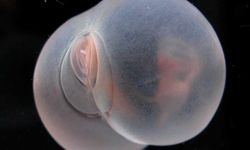The study took place in the Yellow River Delta, where six aquaculture ponds were monitored over a period of 12 months.
Three of the ponds were covered with PV panels, while the remaining three were left uncovered. The results showed that the solar panels significantly improved the conditions for the sea cucumbers. The shading effect of the PV panels reduced water temperatures in the ponds, preventing the high-temperature mortality commonly experienced by sea cucumbers during the summer months. The reduced water temperature also shortened the animals' hibernation period, known as aestivation, allowing them to grow more efficiently.
Researchers found that the sea cucumbers in the PV-covered ponds, known as PVP, showed a notable increase in productivity. The yield in these ponds reached 900 kg per hectare, compared to 750 kg per hectare in the ponds without PV panels. Though these figures were based on farmer records and not directly monitored by the researchers, they indicate a significant improvement in farm productivity.
In addition to improved yields, the study also revealed that the PV coverage did not negatively impact other environmental or biological factors. Water quality, plankton composition, and the digestive health of the sea cucumbers remained stable. However, the researchers did note a seasonal increase in certain plankton species, like Pyrrophyta, and a decrease in zooplankton abundance. They stressed the importance of ongoing ecological monitoring to prevent potential long-term effects on the ecosystem.
This study highlights the potential of integrating solar power with aquaculture, offering a sustainable solution that could address the challenges of both renewable energy generation and marine farming. With sea cucumbers being a valuable species both nutritionally and economically, this innovation could have significant implications for aquaculture industries worldwide.
The findings were published in Aquaculture Reports, contributing to the growing body of research into sustainable aquaculture practices.






